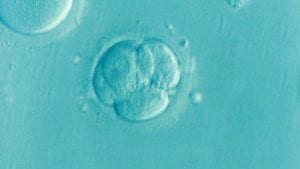Two organisations, NeuroVive Pharmaceutical AB from Sweden and Yungjin Pharm Corporation based in South Korea, have announced encouraging initial results from a Phase I clinical trial of the experimental medicine KL1333, developed to treat orphan genetic mitochondrial diseases. The full article can be read here, at BioPortfolio.
Mitochondrial diseases are conditions in which the mitochondria, which produce energy in cells, do not function correctly. Since mitochondria are present in every cell, the symptoms of these conditions are very diverse and each person will be affected differently depending on which cells are affected. Some of the more common patterns of symptoms have been named, such as Leigh’s disease. People are often affected by the condition in the organs that use the most energy, such as the brain, kidney, liver, heart, and muscles, but can experience symptoms anywhere. Treatment options usually attempt to reduce the symptoms, and under guidance from their doctors, people may use vitamin supplements, special diets, and learn to be aware of stressors that could worsen their symptoms, amongst other treatments.
The drug KL1333 is being developed to provide another treatment option to patients with mitochondrial diseases. The Phase I study was a single ascending dose study, which sixty healthy volunteers took part in. It was a randomised trial that compared KL1333 to a placebo; neither the administering medical professional or patient knew whether they were receiving a placebo or KL1333. The dose ascended over the course of the study from 25 to 800mg. The topline results showed that patients did not have any serious adverse events, and that mild adverse events were recorded at higher doses.
Chae J. Lee, the President and CEO of Yungjin Pharm, described the results as “clearly promising.”








